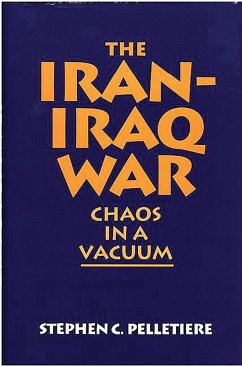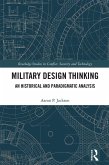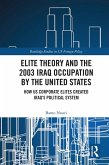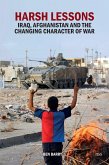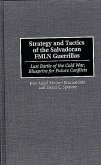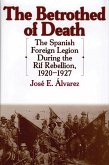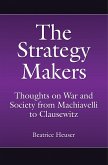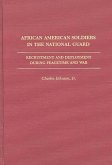This book is a major reinterpretation of the Iran-Iraq War and is a source for reexamining the U.S. involvement in the Gulf. Pelletiere demonstrates that the war was not a standoff in which Iraq finally won a grinding war of attrition through luck, persistence, and the use of poison gas. Instead, Iraq planned the last campaign almost two years prior to its unfolding. [The Iraqis] trained extensively and expended enormous sums of money to make their effort succeed. What won for them was their superior fignting prowess and greater commitment. Gas--if it was used at all--played only a minor part in the victory.' Pelletiere concludes that the key to understanding the war is the Extraordinary Congress of the Ba'th Party held in July 1986. It was there that the initial planning for the final campaign was done, and this campaign is what decided the fate of the conflict. The study centers around the last Iraqi campaign, which Pelletiere argues was based upon World War II blitzkrieg tactics, but he also treats the background, the politics, and the history of the conflict, and analyzes the significance of the war to the Middle East and to the position of the United States there.
Bitte wählen Sie Ihr Anliegen aus.
Rechnungen
Retourenschein anfordern
Bestellstatus
Storno

